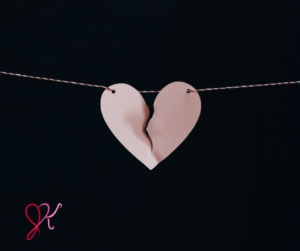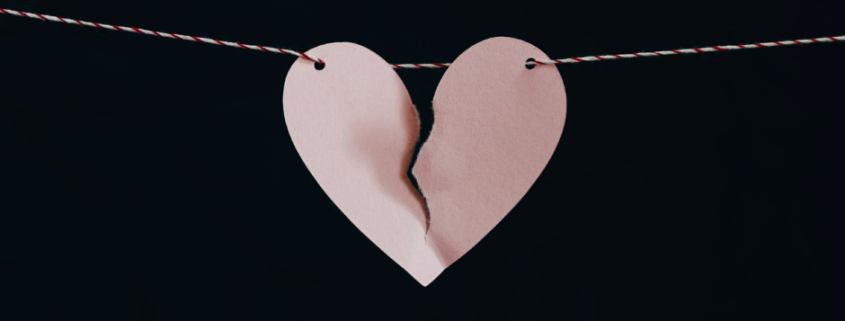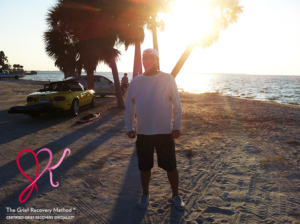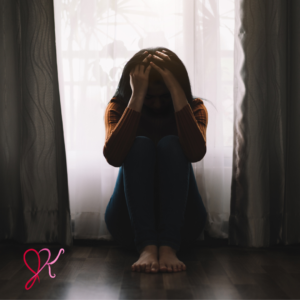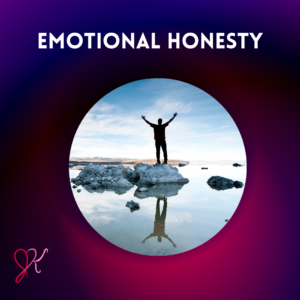Does joy or happiness exists?
Why you can’t seem to find any joy in life.
Maybe you’ve experienced a ton of heartache in your life, maybe you feel hopeless about the future, or maybe you wonder why you can’t seem to find any joy in life.
If you’re reading this, you have probably had a realization about yourself or your life that have elements of disappointments, sadness or longing that you are not where you once thought you’d be at this time in your life. Maybe your dreams didn’t turn out as you had planned, or maybe you woke up one day & realized that you’ve put all your efforts into something that now doesn’t hold the same meaning for you. Maybe you’re mad or angry about things that you wish could have been different, better or more. Maybe you experienced deaths, breakups, sexual abuse, or the feelings of crushing loneliness. Maybe these feelings were spurred by a devastating loss recently or maybe a long time ago. Maybe you’re not even sure what might be the cause of your feelings. Let the Grief Recovery Method help you discover what’s causing your source of discontentment and show you how to complete the emotional pain related to them.
Living with the pain of regrets and disappointments can leave you feeling like a victim to the outside circumstances that happened. Some people live with that pain forever. They spend their entire lives at the mercy of what happened. It’s easy to see why. When something tragic occurs, like the death of a loved one, divorce, romantic breakups, or sexual abuse they are a victim, but you don’t not have to remain a victim. Imagine, what would it be like to get complete with those relationships, regrets and disappointments? Can you imagine living a life with that freedom?
Hopefully at some point you decide to search for help to heal your heart. Maybe that’s why you’re reading this now.
That willingness to move forward requires one small thing…accepting at least 1% responsibility for how you are going to move forward.
That doesn’t mean accepting responsibility for the actual loss. In most cases you were powerless over what happened. But at some point, after the event, whether it’s 6 months or two years, you might decide that it’s time to look into how you can empower yourself to walk through your emotional pain.
Just 1% responsibility to move forward is the key to opening a door and changing your life. All that means is you:
- Acknowledge that a problem exists
- Acknowledge that it’s associated with a loss or series of losses
- Acknowledge that you need help
Willingness is the key to moving forward. Are you ready?
